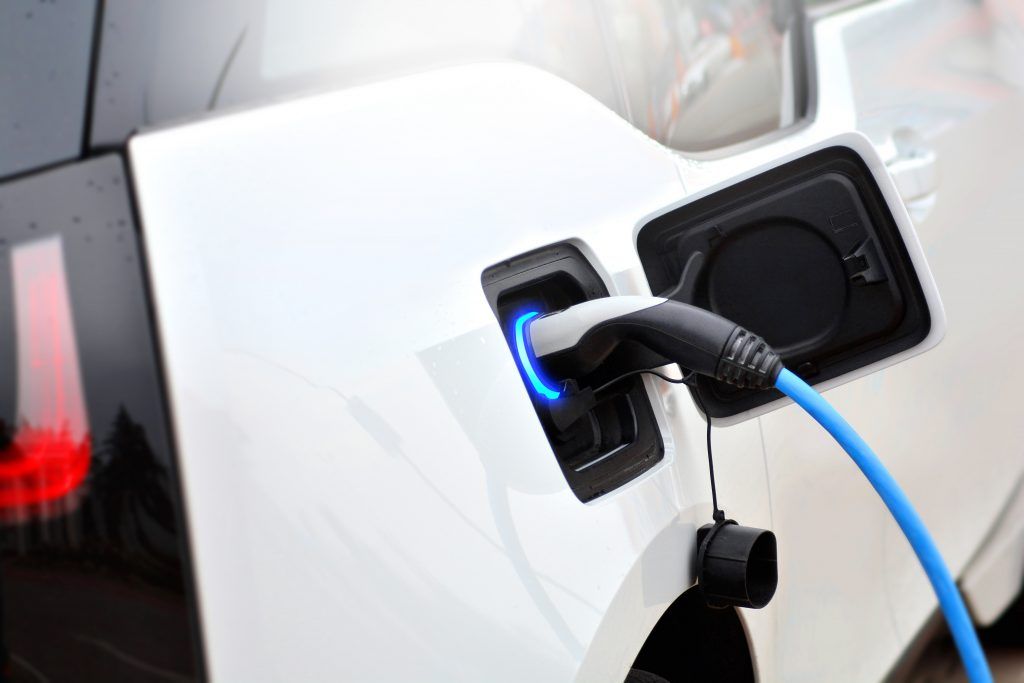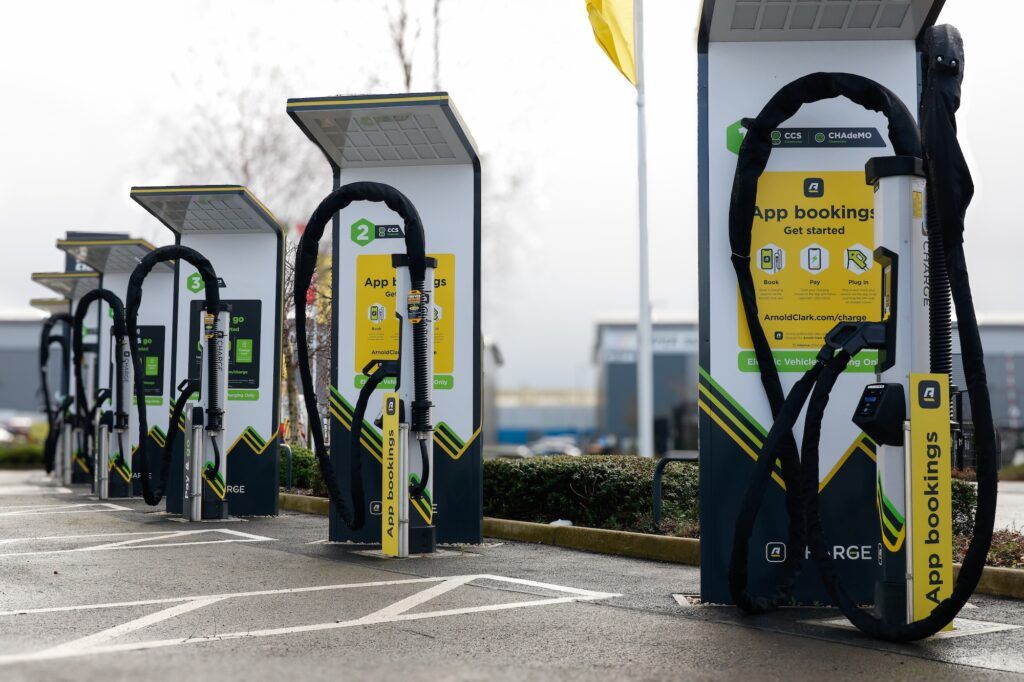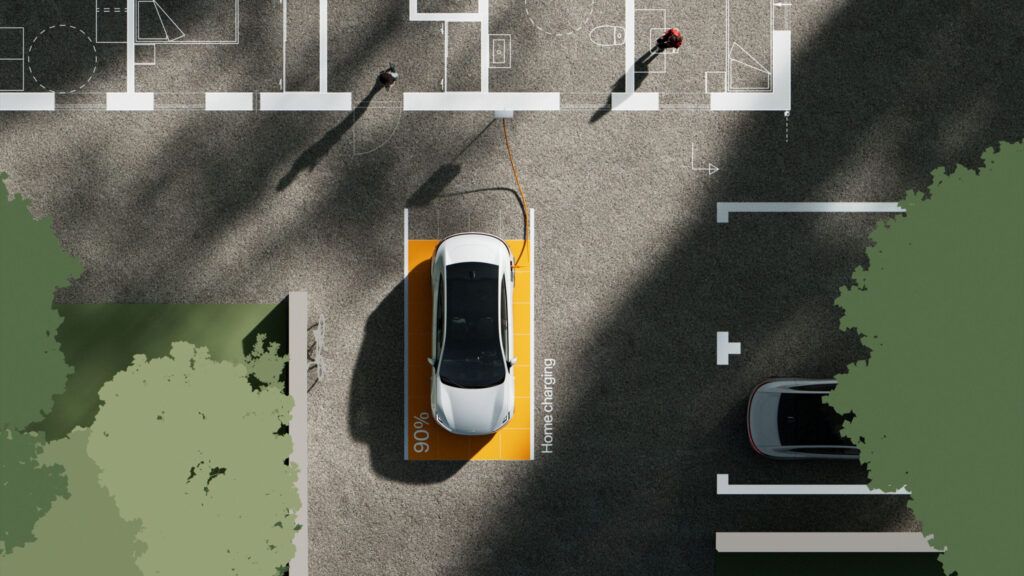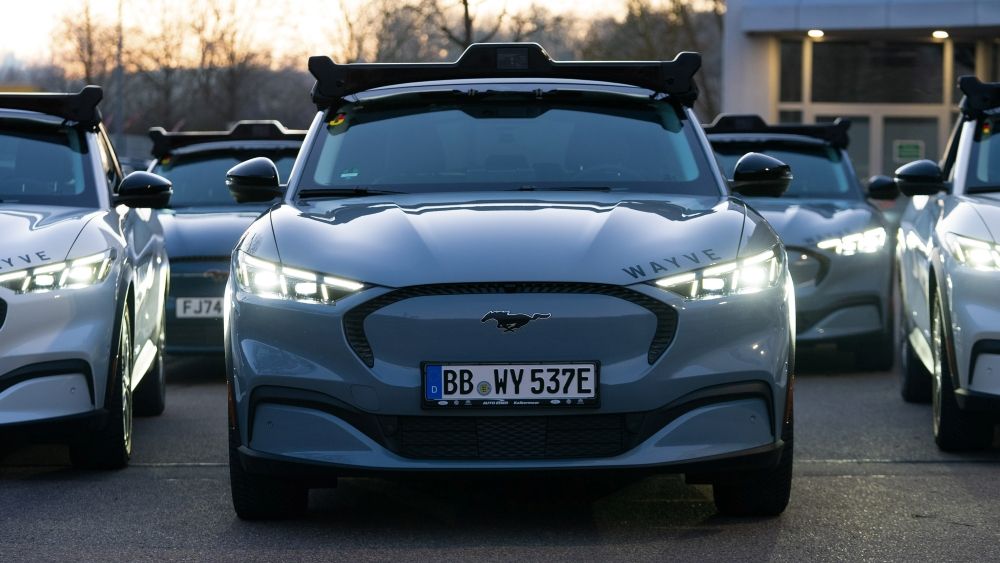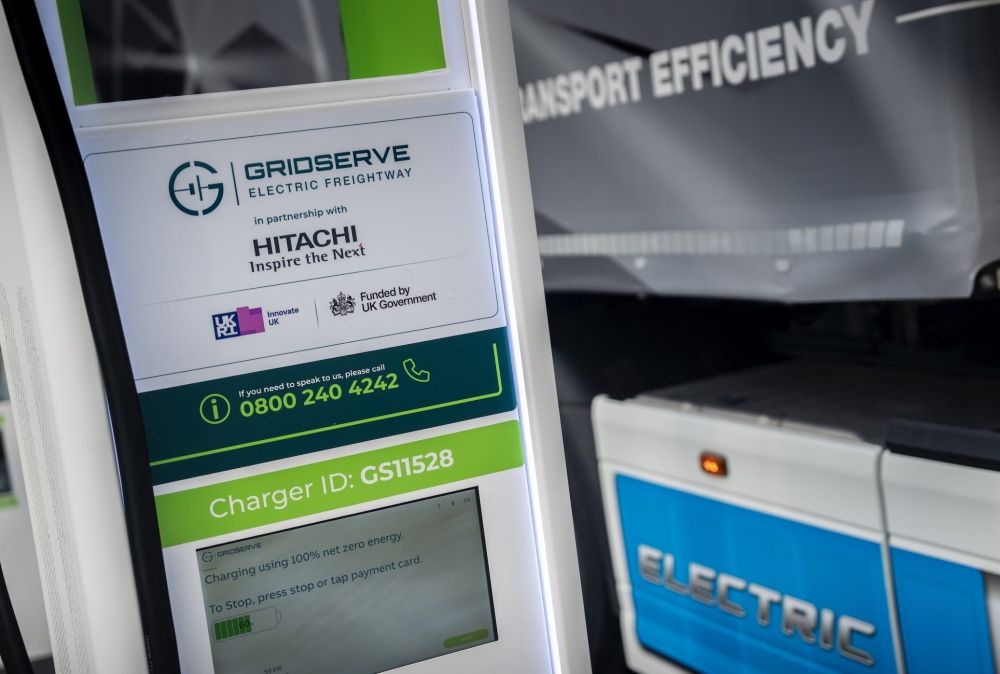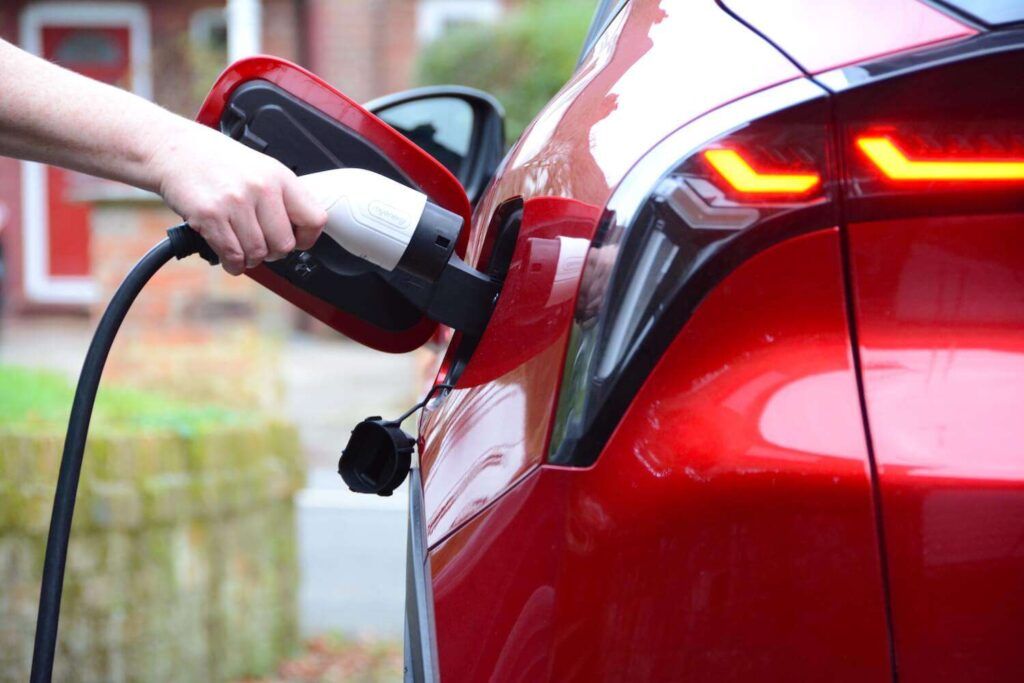Despite changes to the tax rules which mean electric vehicles (EV) now have to pay Vehicle Excise Duty, they are still considerably cheaper to run than ICE equivalents, according to the Energy & Climate Intelligence Unit (ECIU).
EVs now have to pay Vehicle Excise Duty for the first time, starting at £10 for the first year, and £195 every year after, and those worth more than £40,000 will also start paying the Expensive Car Supplement.
However, VED excise duty is also going up for petrol cars, with larger and more polluting vehicles seeing a doubling of the VED they have to pay in their first year.
But analysis of these new taxes – alongside fuelling, charging and other costs – by the ECIU has found that these changes will see EVs retain a significant advantage over their petrol equivalents when it comes to annual running costs.
Owners of the top 10 best-selling EVs of 2024 will still enjoy savings of nearly £1200 a year over the vehicle’s lifetime compared to ICE cars.
Given price parity between EVs and petrol cars has been reached on the second hand market, average annual savings on the second hand market are even higher, with a used EV still able to deliver savings of almost £1600 a year.
Analysis by the ECIU also found that by 2048 a weakening of the ZEV mandate could result in sales similar to the ‘lower option’ considered by the previous Government when designing the policy, resulting in 2.7m fewer EVs entering the second hand market than would otherwise have been the case by 2048.
This means that a total of around £40bn in extra motoring costs would have to be shouldered by millions of families across the UK, including some of the poorest.
Commenting on the findings, Colin Walker, Head of Transport at the Energy & Climate Intelligence Unit, said:
“Electric vehicles will still be saving families on average hundreds, if not thousands, of pounds a year in cheaper driving.
“The ZEV mandate policy introduced by the previous Government, and continued by the current one, has been successful in driving competition between manufacturers up, and driving EV prices down. The UK now has the biggest EV market in Europe, with more and more families able to access the savings that come from EV ownership.
“But the Government is risking complacency if it is seen to be increasing the cost of running an EV at such a critical time in the country’s EV transition. These new taxes could undermine consumer confidence and hold families back from making the move to electric driving, leaving them stuck paying a petrol premium to run more expensive combustion engine cars.
“Any sign that the Government is deterring drivers from switching to electric could spook businesses planning billions of pounds of investment – in, for example, the UK’s charging infrastructure – compromising economic growth. It would also undermine efforts to support our car industry in making the switch to building the electric cars of the future, a switch that has to be made if the industry’s future, and the hundreds of thousands of jobs that it sustains, is to be secured”.
Image from Shutterstock




